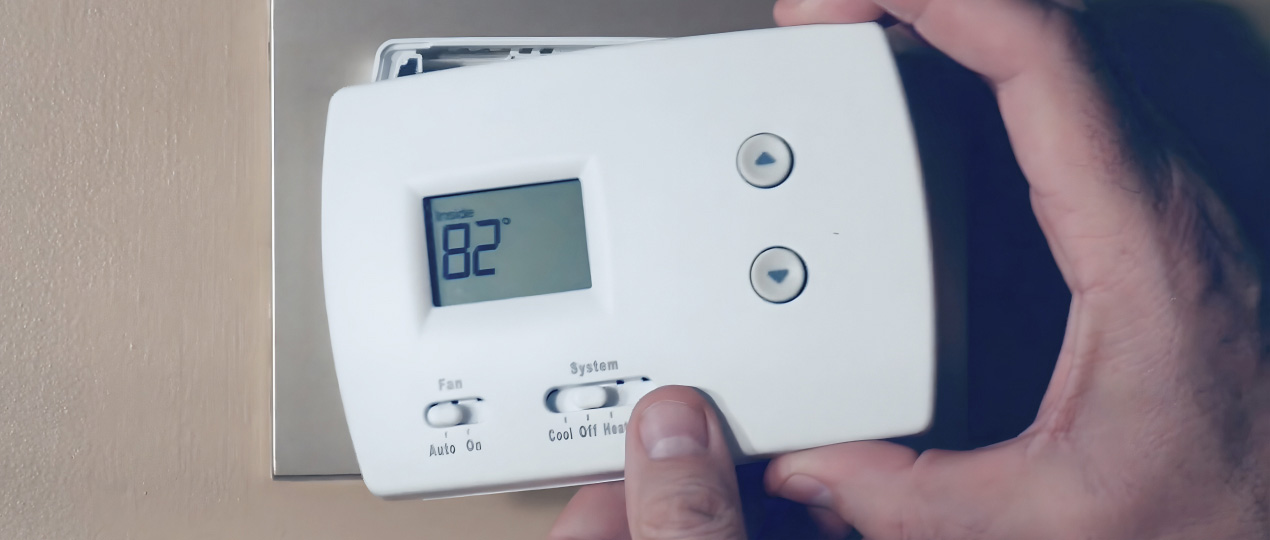
Are you feeling lost in the maze of heat pump sizes, unsure which one is the right fit for your home’s comfort needs? Look no further! With our comprehensive guide, you’ll gain the knowledge and confidence to make a selection that aligns perfectly with your unique requirements. Let’s dive in and unpack the secrets to choosing the ideal size effortlessly.
Why is proper heat pump sizing important?
When purchasing a unit, always pay attention to its size. This is a crucial factor that directly impacts your comfort and energy expenses. Here’s how proper heat pump sizing can benefit your home:
- Extended system lifespan The equipment operates smoothly without excessive cycling or strain. This reduces wear and tear, helping the system last longer and perform reliably over time.
- Improved air quality Your unit maintains consistent airflow, effectively filtering airborne particles such as dust, pollen, and other allergens.
- Optimal energy efficiency By choosing the correct size, homeowners can ensure that the heat pump runs efficiently, using just the right amount of energy without unnecessary waste.
- Cost savings over time With efficient operation and minimal wear, a well-sized system reduces maintenance needs and repair costs, saving you money in the long run.
How to determine heat pump size in 4 easy steps?
Calculating the appropriate heat pump size requires careful consideration to optimize performance and efficiency. We will walk you through the process step-by-step, with examples and a sizing table to clarify.
Step 1: Measure the space
Begin by measuring the area you intend to heat or cool. This includes the square foot of the room or building. For example:
- A cozy cottage – 800 square feet
- Comfortable family house – 1500 square feet
- Spacious country residence – 2500 square feet
- Spacious country house – 3500 square feet
Step 2: Determine the heating and cooling load
To determine heat pump size, you must calculate your home’s heating and cooling requirements using the Manual J calculation. This method considers various factors, including insulation quality, climate zone, number of occupants, and usage patterns. Here’s a simplified chart:
| Factor | Example |
|---|---|
| Insulation Quality | Well-insulated: Low heat loss/gain Poorly insulated: High heat loss/gain |
| Climate Zone | Hot and humid: Higher cooling load Cold and dry: Higher heating load |
| Occupied area | Few occupants: Lower load Many occupants: Higher load |
| Usage Patterns | Constant use: Higher load Intermittent use: Lower load |
Step 3: Use load calculation formulas
Use industry-standard formulas or a heat pump size calculator to calculate the heating and cooling capacity required based on load factors.
Here’s a sizing chart:
| Home size | Heat pump size (in tons) | Heat pump size (in BTUs) |
|---|---|---|
| 500 square feet | 1 ton | 12,000 BTUs |
| 1,000 square feet | 2 tons | 24,000 BTUs |
| 1,500 square feet | 3 tons | 36,000 BTUs |
| 2,000 square feet | 4 tons | 48,000 BTUs |
| 2,500 square feet | 5 tons | 60,000 BTUs |
| 3,000 square feet | 6 tons | 72,000 BTUs |
Step 4: Consult with HVAC professionals

Seek the advice of an HVAC professional to verify your calculations and recommend the most appropriate size for your specific needs and conditions.
At Superior HVAC Service, we specialize in helping homeowners choose and install heat pumps. Our experienced technicians conduct thorough load calculations to determine the ideal capacity for your space, ensuring optimal performance and longevity.
If you’re considering a new heat pump or want to evaluate your current system, contact us today. Let us help you achieve the perfect balance of comfort and efficiency!
Our team can solve any problem, guaranteeing a long-lasting result.
Order the best specialist in Canada Now (866) 545-6460
REFERENCES
1. Dongellini, M., Naldi, C., & Morini, G. L. (2021). Influence of sizing strategy and control rules on the energy saving potential of heat pump hybrid systems in a residential building. Energy Conversion and Management, 235, 114022. https://www.sciencedirect.com/science/article/abs/pii/S0196890421001989
2. Alalaimi, M., Lorente, S., Anderson, R., & Bejan, A. (2013). Effect of size on ground-coupled heat pump performance. International Journal of Heat and Mass Transfer, 64, 115-121. https://www.sciencedirect.com/science/article/abs/pii/S0017931013003396



